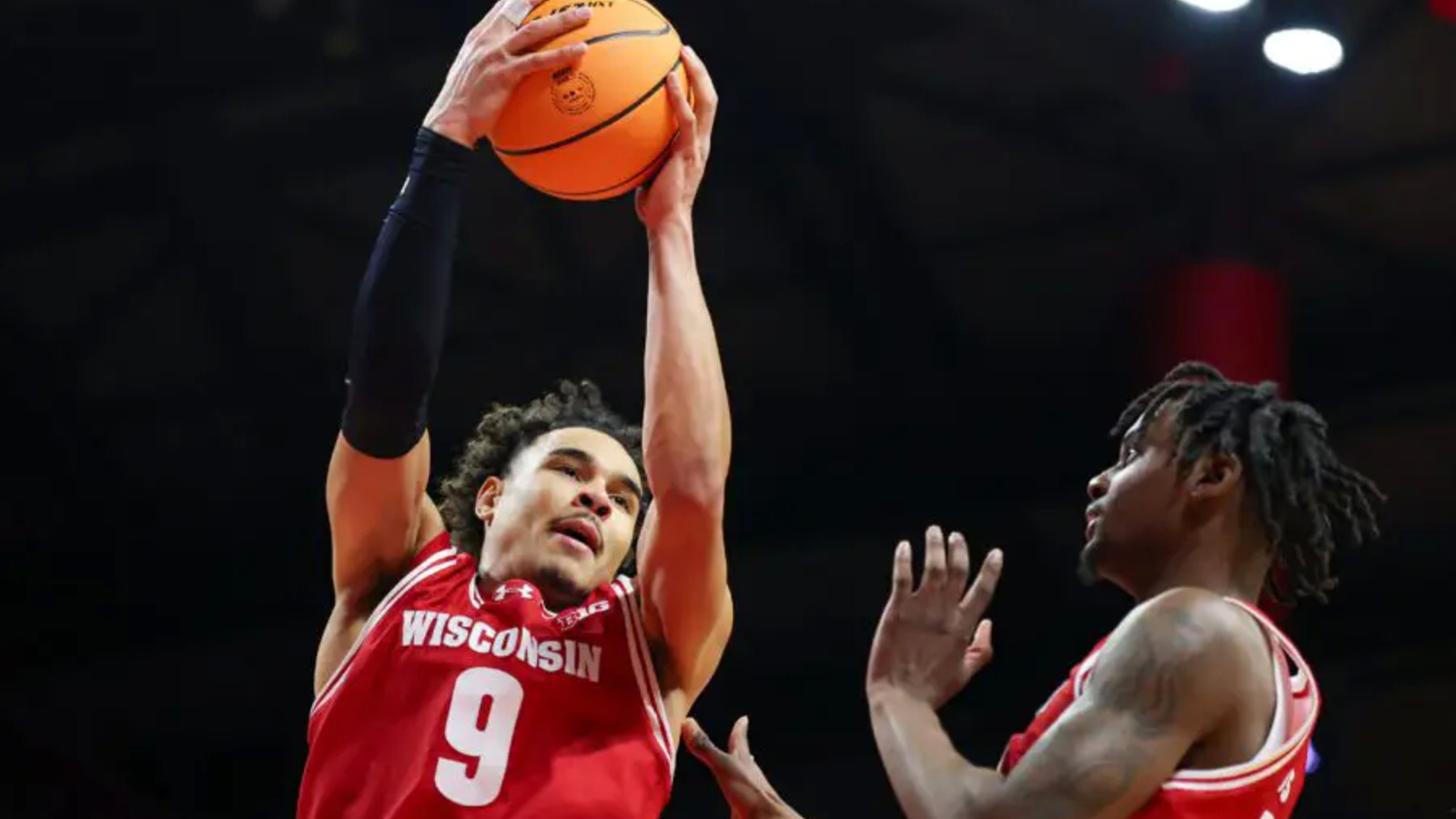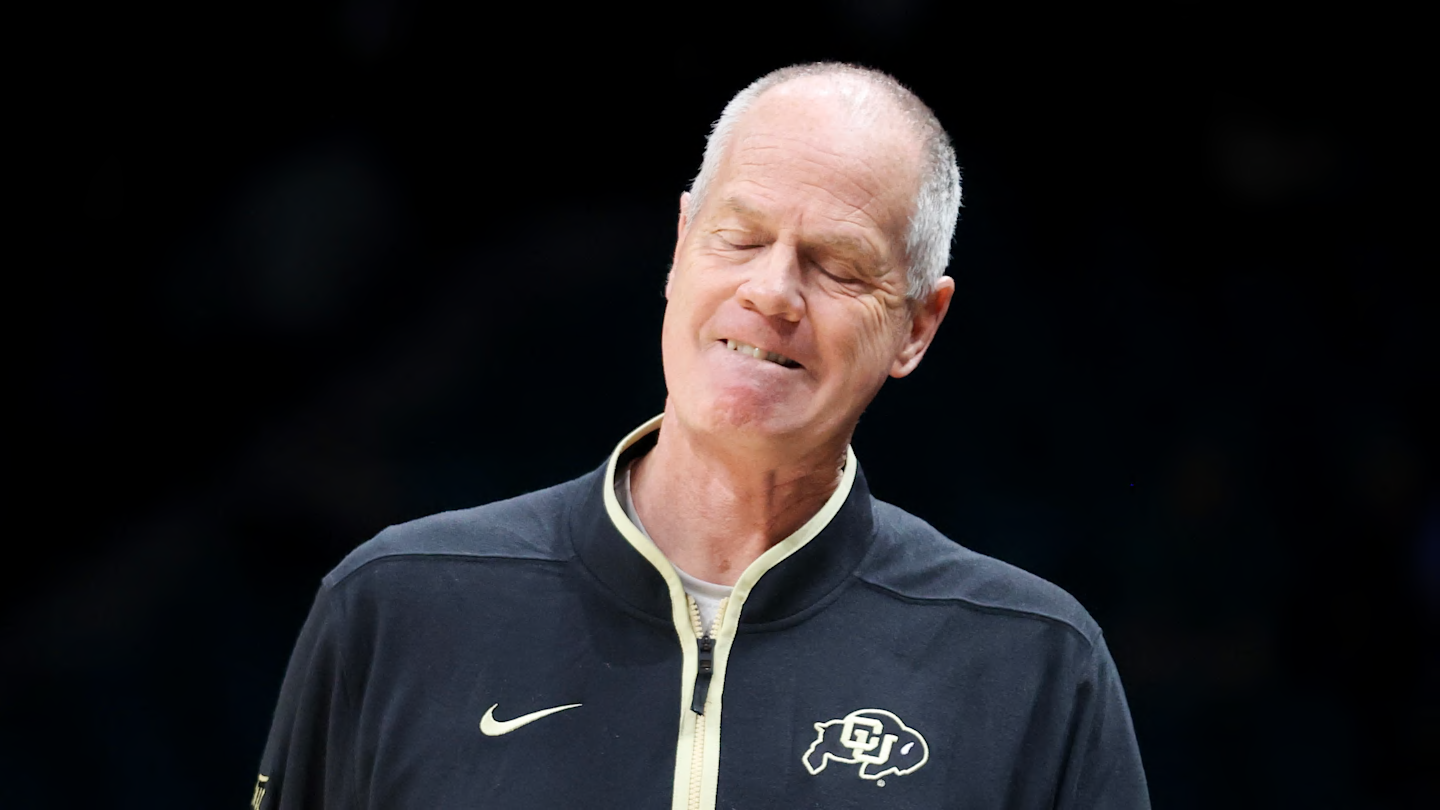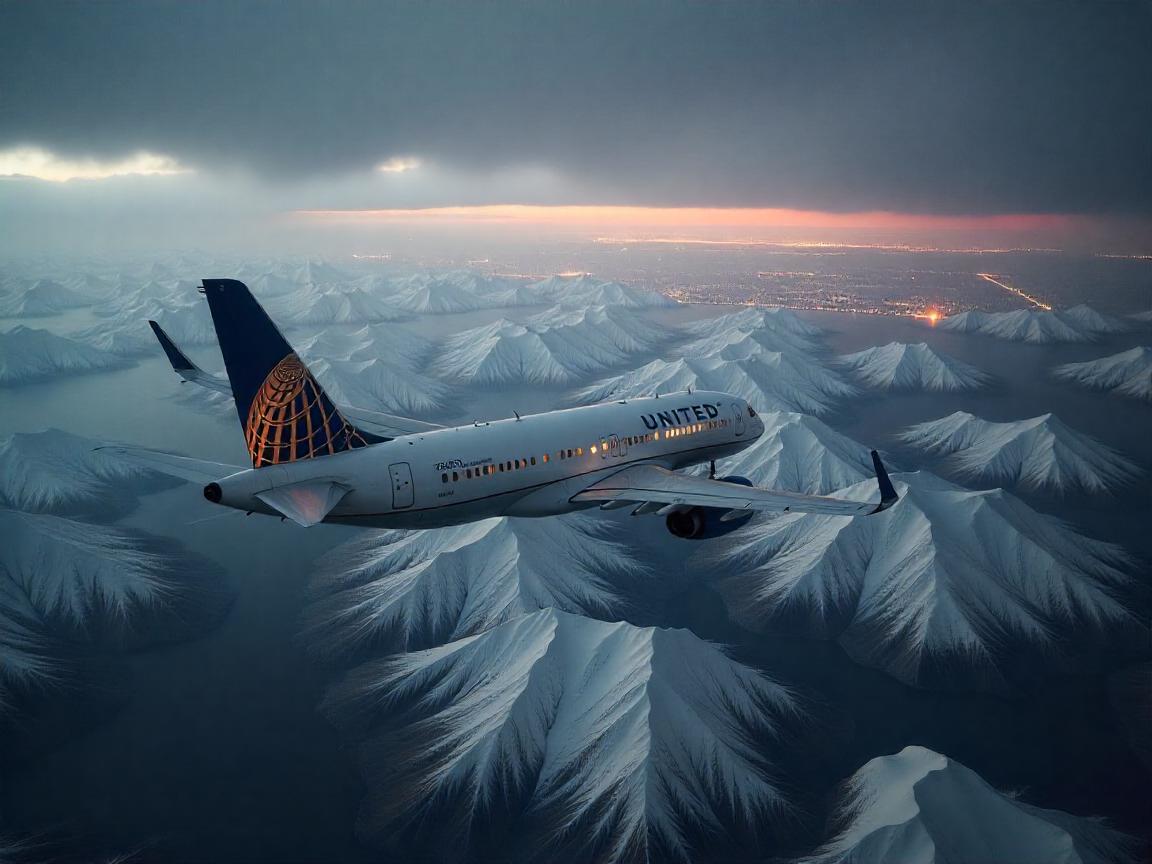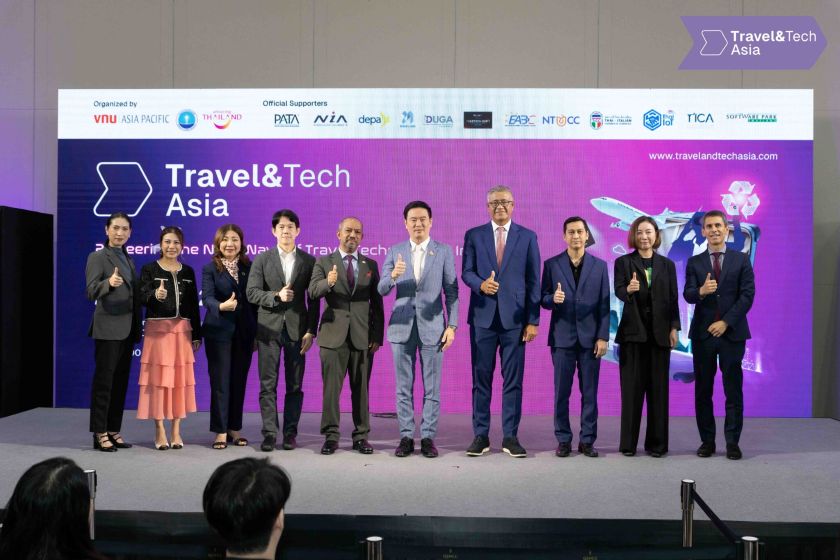How Europe's appetite for farmed fish is gutting Gambia's coastal villages
Gambian fishermen are watching their future disappear. Their catches are shrinking, their costs are climbing and their boats are increasingly idle. Much of the fish they once relied on is now hauled away by foreign trawlers – not to feed people, but to fatten farmed salmon, seabream and seabass in Europe.
The result is a growing crisis for West African coastal communities, where fish is both a staple food and a way of life.
“The ocean is not just about livelihood – it’s part of people’s identity,” Gambian journalist and researcher Mustapha Manneh told RFI at last week’s UN Oceans Conference in Nice.
Manneh has spent years documenting how industrial fishing – much of it European – is depleting Gambia’s waters and destabilising lives.
“Fishermen go out and come back with almost nothing,” he said. “They have no other skills. If you take away the fish, you take away their future.”
Each day, Gambian fishermen cast their nets in search of sardines and bonga – small, oily fish that have fed families for generations. Now they return empty-handed, after being forced to venture further out to sea and burn more fuel for ever-dwindling catches.
“You used to need just 20 litres of gasoline to get a good catch. Now it takes 60 to 80 litres just to find enough fish,” Manneh said.
Three fishmeal factories in Gambia process hundreds of tonnes of these fish each day, grinding them into powder and oil used to feed farmed fish in Europe and China.

Manneh has seen the process up close. Inside the factories, he watched fresh, edible fish – still fit for local markets – dumped into grinding machines and transformed into fish feed. He described the experience as deeply confronting.
Outside the factories, locals often complain about pollution, noise and a powerful stench.
“The most troubling thing is seeing fresh fish that’s supposed to be on the plate of local people being processed and sent to countries that don’t even know where it’s coming from,” Manneh said.
“You’re processing raw fish that’s meant for human consumption just to feed another fish.”
The big blue blindspot: why the ocean floor is still an unmapped mystery
A report by the advocacy group FoodRise estimates that nearly one million people in west and southern Africa could eat a 200-gram weekly portion of fish using the same catch that is currently diverted to fish farms in Greece alone.
It often takes several kilograms of wild fish to produce one kilogram of farmed fish because the farmed fish aren't efficient at converting the fishmeal into body mass.
FoodRise found that, globally, if wild fish were eaten directly by people instead of fed to farmed fish, more than 300,000 tonnes could be kept in the ocean to support ecosystems.
Those extra fish stocks would then go on to feed a quarter more people.

Fishmeal factories in Gambia release untreated wastewater and fish processing waste directly into the Atlantic Ocean. This pollution has turned once-pristine coastal waters toxic, damaging marine ecosystems that local fishers depend on.
“The sea used to treat skin conditions. Now people are getting rashes. Even the fish porters are affected,” Manneh said.
But the pollution is only one threat among many. With local fish stocks plummeting, fishermen must venture further offshore, risking dangerous encounters with industrial trawlers.
Their nets and boats are often damaged or lost in these clashes – gear they cannot afford to replace. For some, the struggle is too much and they give up fishing altogether.
How the Tunisian sun is turning red algae into food industry gold
As fishing incomes collapse, an increasing number of fishermen are using their boats for human smuggling – a risky but more profitable alternative.
Manneh has spoken with young fishers who say a single smuggling trip can bring in more money than years spent struggling at sea.
One man told him: “Mustapha, my one trip is more than my entire life of fishing.”

Weathered wooden fishing boats are being packed with hundreds of migrants – mostly young men risking everything for a chance at a better life – who embark on a perilous journey across the Atlantic toward uncertain futures.
Migrants pay between €600 and €1,000 each for the trip, Manneh said – adding that more than 200 people can be packed into a single vessel.
This means one smuggling trip can generate roughly €200,000.
The crisis is hitting women hard too. Across West Africa, women are at the heart of fish processing – smoking, drying and selling fish at local markets. It’s gritty, hands-on work that puts food on tables and money in pockets.
But with more and more fish going to industrial fishmeal factories, women’s stalls and ovens are sitting empty. Losing this catch doesn’t just cost jobs – it breaks long-standing traditions.

Fish-smoking centres built with the support of the Food and Agriculture Organisation now sit abandoned.
“The fish women used to smoke is now diverted to the fishmeal factories,” Manneh said. “They [commercial companies] promote their farmed fish as sustainable but never say where the feed comes from.”
The rise of fishmeal factories has left many women without work – making life even harder for coastal communities.
Plastic-eating mealworms found in Kenya offer hope for waste crisis
But the pressure is also fuelling resistance. Young Gambians are now challenging the traditional power structures that have allowed the fishing industry to expand unchecked.
“Young people are demanding change,” Manneh said.
In some places, frustration has boiled over and fishmeal factories have been set on fire. Others are calling for Gambia to cancel its fisheries agreement with the EU.
“It may line the pockets of a few, but it does nothing for the country as a whole,” Manneh said.
Fish farming in the EU – especially in Greece – has surged in recent decades, turning quaint Mediterranean coastal towns into hubs for industrial-scale aquaculture.
FoodRise reports that seabass and seabream production in Greece has increased by 141 percent since 2000.

But this growth, the group warns, is far from the sustainable solution it is often presented as – particularly since it depends on wild fish taken from communities thousands of kilometres away, like those in Gambia, which are already struggling with food insecurity.
“People believe they’re eating sustainable salmon or seabass,” Manneh said. “But they don’t know what it really costs.”
He’s calling for full transparency in global seafood supply chains – with a sharp focus on the origins of fish feed.
“If you stole my job, you stole my future,” Manneh said. “The only option I have is to struggle – even if it costs me my life.”












